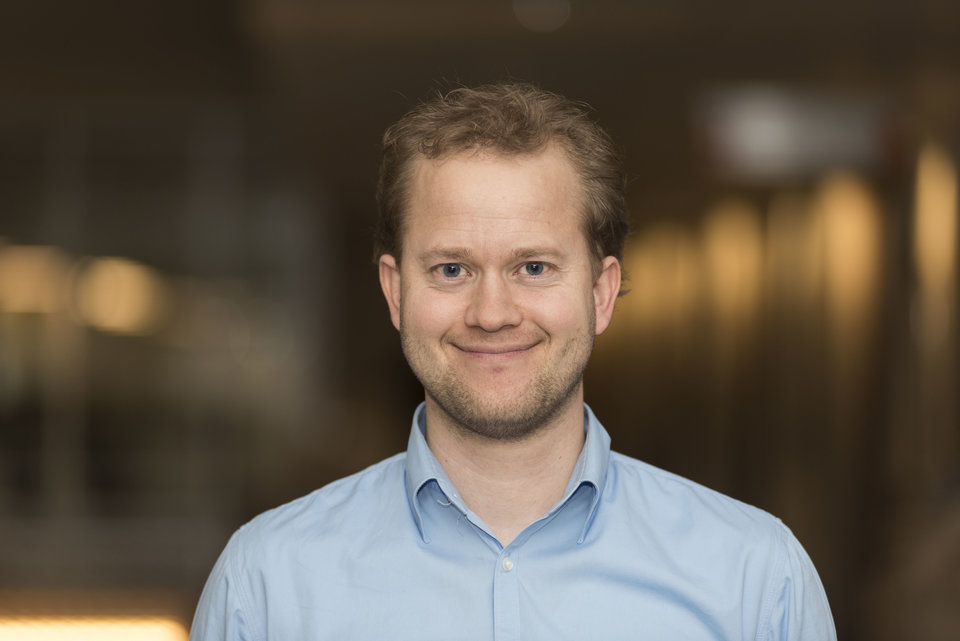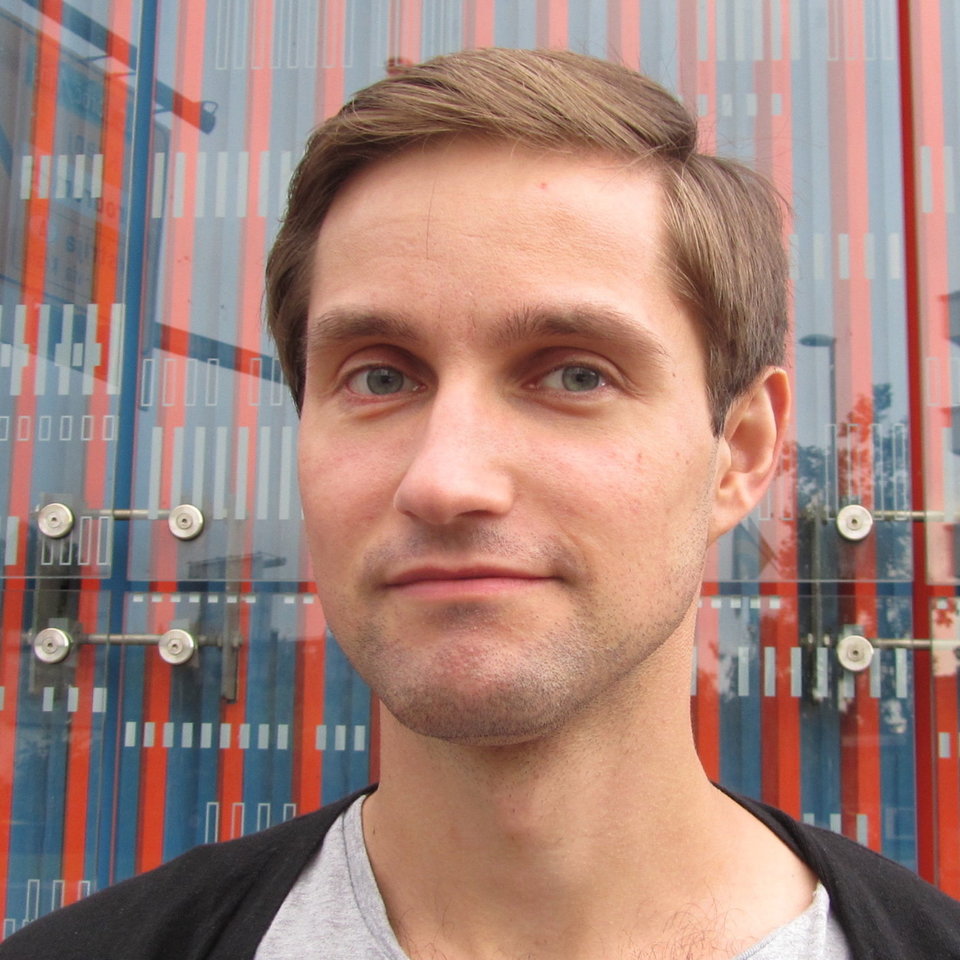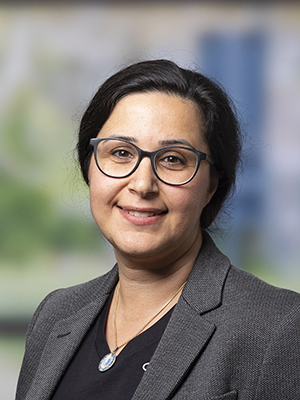Organisation
Organisation Venue The summer school will be held at the Faculty of Aerospace Engineering (Building 62) of TU Delft, located at: Kluyverweg 1, 2629 HS, Delft, The Netherlands. The course will take place in the lecture rooms of the faculty, and the laboratory tests will be conducted at the Delft Aerospace Structures and Materials Lab. View campus map Fee The fee is € 650,- and will be invoiced upon acceptance. It includes the lectures, workshops, welcome drinks, lunches, a dinner night, and tea/coffee and snacks during the breaks. Accommodation (such as hostels or hotels) is not included in the fee. Students attending the Summer School are responsible for arranging their own accommodation. Fees are not refundable. This content is being blocked for you because it contains cookies. Would you like to view this content? By clicking here , you will automatically allow the use of cookies. Travel The faculty of Aerospace Engineering can be reached: by plane: Delft can be easily reached from Schiphol Airport or Rotterdam-The Hague International Airport. From Schiphol Airport there are several train connections per hour. Two are direct trains and two require you to change trains in Leiden. See also: www.ns.nl for a journey planner. From Rotterdam Airport you can take a bus to Rotterdam Centraal station and then take a train to Delft. Or you can plan your journey via: 9292.nl by train: Rotterdam and Amsterdam are served by international (high-speed) train connections to Brussels, Paris, and various German cities. From Rotterdam or Amsterdam you can take a regular train to Delft. Use www.ns.nl to plan your journey within the Netherlands. by bus: from Delft station take line 40 (direction Rotterdam), 69 (direction Technopolis), or 174 (direction Rotterdam Noord) to the stop ‘Kluyverpark’. The faculty is located in the blue building to the west of the bus stop. by car or taxi: address Kluyverweg 1. Delft is served by the A4 and A13 motorways. Use of a route planner is recommended. Parking is available at the faculty or in the parking garage on the van der Maasweg, behind building 58, (see also the map linked above). on foot (ca. 40 minute walk from the centre of Delft) Delft Information & accommodation More information on the city of Delft and accommodation options can be found at: https://www.delft.com/


![[Translate to English:] [Translate to English:]](https://filelist.tudelft.nl/_processed_/9/f/csm_Dobbe%2C%20Roel%20Dobbbe%20%282%29_bc3619238b.jpg)





